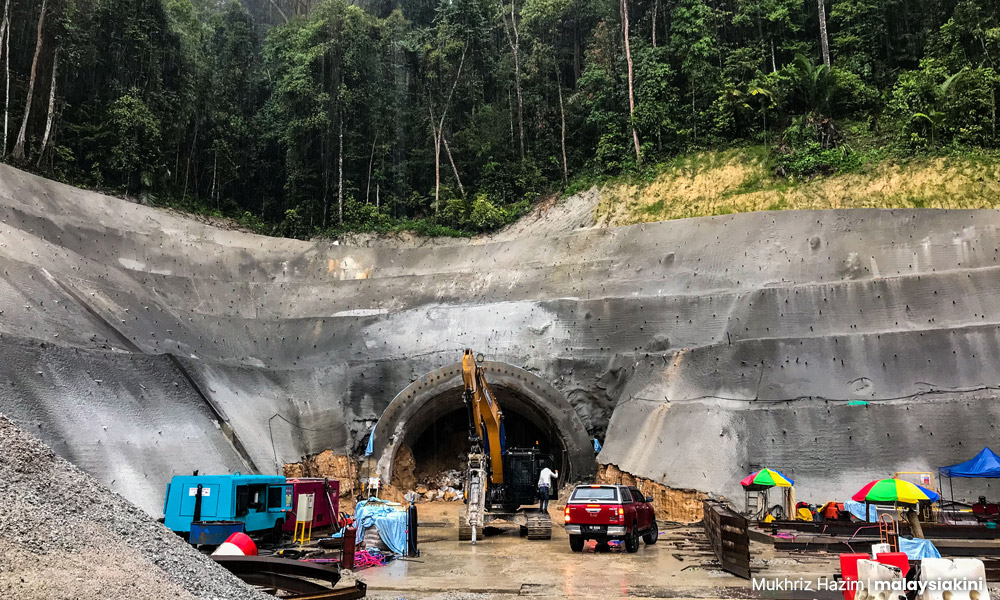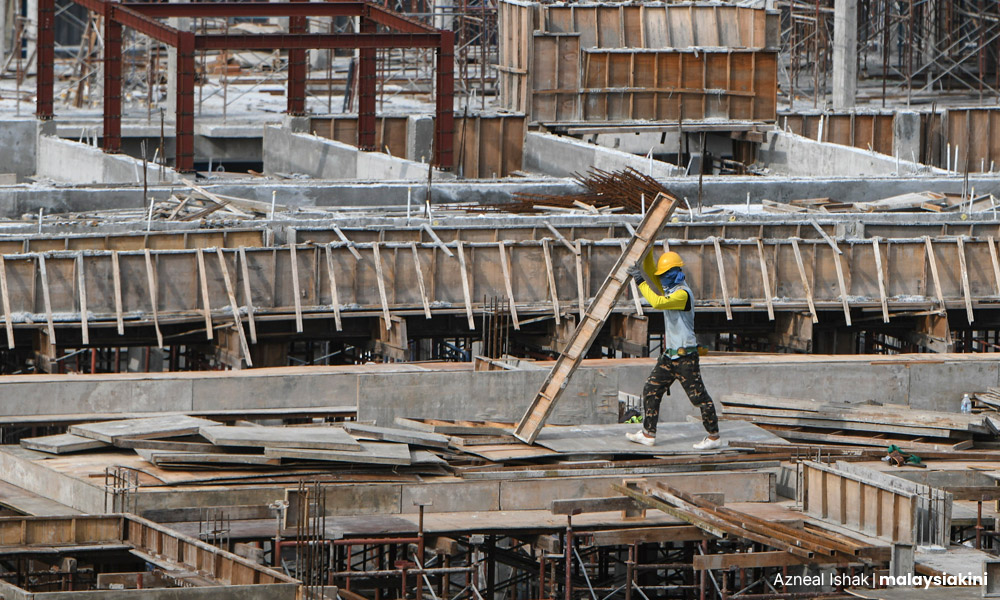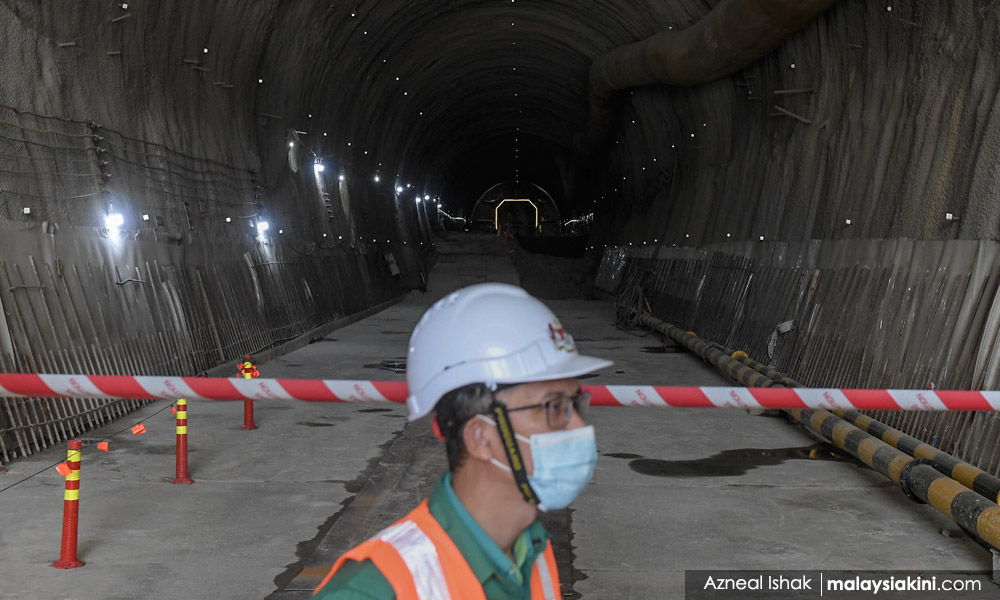Mega projects currently have little to no engagements with affected local communities, to the point that some have no prior knowledge of the developments, said Institute for Democracy and Economic Affairs (Ideas) after a months-long study on the Belt and Road Initiative (BRI) in Malaysia.
“There is a distinct lack of information operations regarding BRI projects at the grassroots level, leaving local communities feeling largely uninformed and overlooked.
“Unless there are local elected representatives or civil society organisations (CSOs) with direct connections to federal government decision-makers, these communities receive minimal attention and there is little to no effort made to inform, engage with, or consult them,” read the report on the study, launched today.
The report said that most of the stakeholders who were involved in the engagement process were at the federal level.
Many of these projects are also announced in the budget without any community consultation or environmental or social impact assessments being conducted first, the report added.

The two main projects the study focused on were the East Coast Rail Link (ECRL) and the Trans Sabah Gas Pipeline (TGSP).
Ideas noted that when they visited Sabah, key stakeholders such as the local community leaders, CSOs, and journalists had no prior knowledge of the TGSP project.
“It appears that village heads themselves were unaware of the project’s initiation with no visible signs of work being done in the project’s development location.
“When we approached these community leaders to participate in this study, they mistook the TGSP for a previous development known as the Petronas’ Sabah-Sarawak Gas Pipeline, which has been operating since 2014,” the report read.
Top-down approach
However, there was an exception to this finding, which was in Johor, where there was a significant level of engagement with the local community and the relevant MP actively advocated for their interests.
“(This) was only possible because the local MP was highly involved in these issues. Even so, the nature of this engagement still followed a top-down approach, focusing primarily on informing the local communities rather than including them in the consultation and decision-making process,” read the report.

The communities also varied in their responses to these gaps in engagement, the study noted.
Some were more proactive in ensuring their voices were heard, especially in East Malaysia, while others were more passive for fear of being seen as disruptive by those in government.
“We must understand that many rural communities are not inherently against development projects, but want to be included in the planning and implementation stages of said projects,” said Ideas director of research Juita Mohamad in a statement accompanying the release of the report.
As such, Ideas concluded that the main underlying issue with mega projects in Malaysia was the “oblique, top-down” project structures, and a lack of grassroots engagement and local concerns.
The think tank recommended several ways the government can improve the way mega projects are executed, including facilitating greater public engagement in development projects.

Feasibility studies by independent parties should also be conducted before a project is undertaken and the findings must be published to the public.
The administration should also introduce a Government Procurement Act to ensure more transparency, as Malaysia currently does not have any specific legislation that governs procurement processes in their entirety.
Lastly, Ideas recommended that the government should expand the scope of existing communication bodies to create an “equitable and reliable platform” for all Malaysians across the country. - Mkini




No comments:
Post a Comment
Note: Only a member of this blog may post a comment.